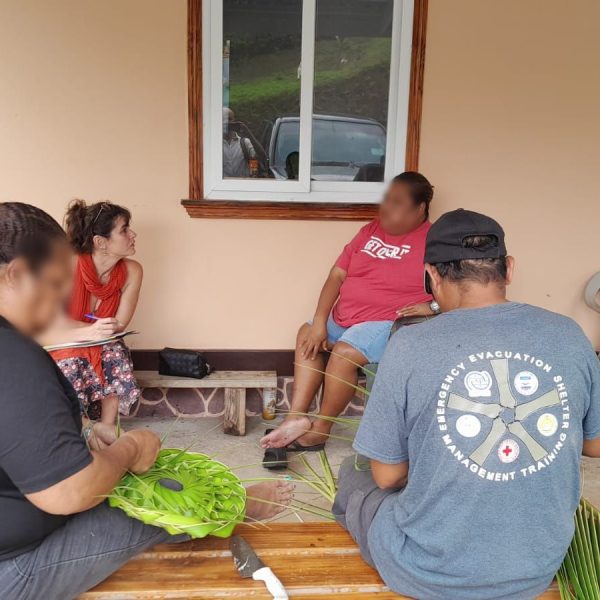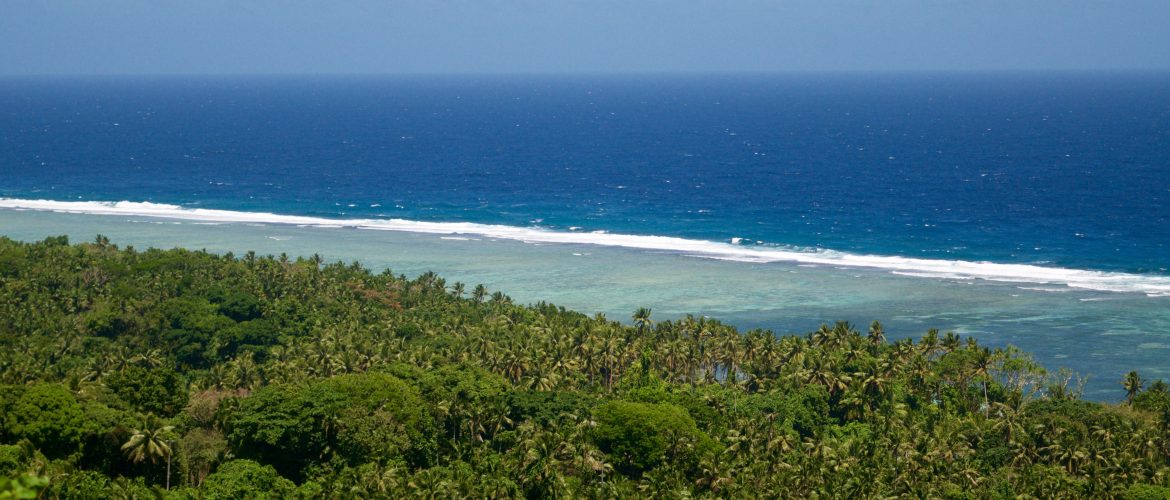Small Island Developing States (SIDS) face unique economic challenges due to their vulnerability to external economic shocks, dependence on tourism, and deep integration into global markets. These economies are heavily reliant on imports, especially of food products, due to their small size and limited resource bases.
In SIDS, the tourism, food, and urban sectors play key roles in Gross Domestic Product (GDP), but paradoxically, they are also the main drivers of environmental degradation. The growth of urban centers contributes significantly to the deterioration of natural systems, including the loss of habitats, agricultural landscapes, pollution, and damage to coastal and marine environments. Similarly, tourism, despite being an important economic driver, has negative consequences for fragile coastal and marine ecosystems due to the development of large hotels, resorts, and increased water consumption. These environmental threats are further exacerbated by the impacts of climate change.
The GEF Blue and Green Island Integrated Program (BGI IP) was created to help SIDS value ecosystem services and use them to make decisions that protect nature. As part of this program, SETIN was contracted to draft the PPG Package of the “Transforming productivity in Palau’s food systems through nature-positive innovations” GEF Child Project.
The goal of BGI IP is to ensure that Palau’s sustainable food systems strategy includes nature-based solutions (NbS) and environmental sustainability, as outlined in the 2021 Pathways to Sustainable Food Systems. The project will support the implementation of Palau’s national food systems pathways while preserving Palau’s natural ecosystems and Protected Areas Network (PAN).
The project has three “game-changing solutions”, including scaling up existing models for cross-sector and cross-ministry coordination (aligning with the BGI levers), mainstreaming cross-sector food security (including environmental) into agency and private sector plans and practices (aligning with BGI), and aligning with Palau’s Gender Mainstreaming Policy to increase women’s economic empowerment, leadership, and decision-making in natural resources management.
The GEF-8 Child Project aligns directly with the BGI’s two main components of integrating nature into fiscal policies (for food systems) and implementing NBS at landscape and seascape levels while supporting the transformation of Palau’s food systems with support from the tourism industry. The project addresses the societal challenges of food security while maintaining the integrity of Palau’s natural resources.
Part of the PPG team is in Palau between January 22nd and February 2nd for the field mission, including the first stakeholder’s consultation and project site visits.




